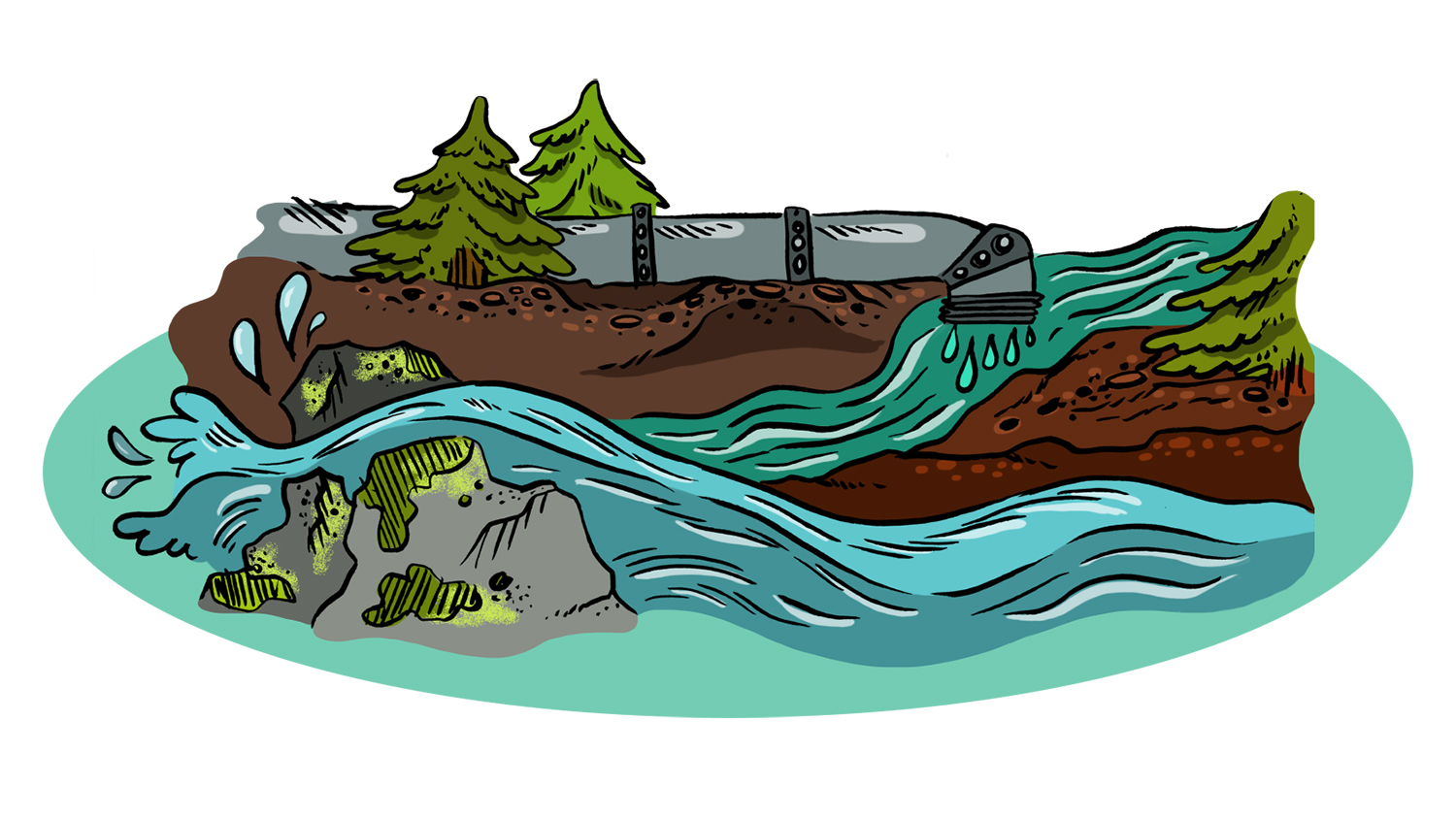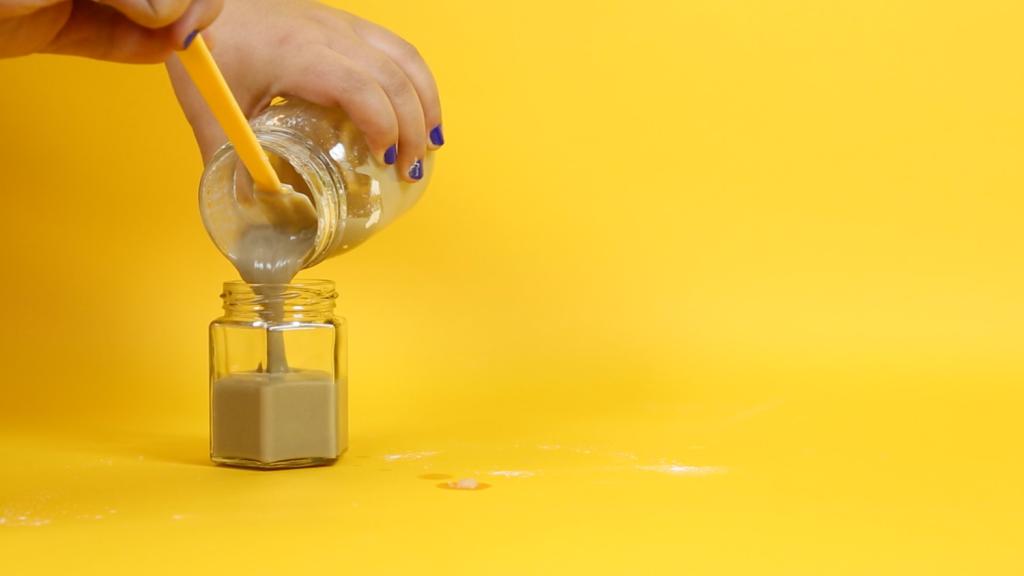When we wash our hands, brush our teeth, or scrub leftovers from our dinner plates, we don’t necessarily think of what’s going down our drains. It’s just wash, rinse, repeat. But according to researchers, our mindless cleaning habits are putting something alarming into the water: triclosan and triclocarban.
Both are antimicrobial agents, which can be ingredients in a number of consumer products, including toothpaste, antibacterial hand soap, dishwashing liquid, deodorant, and even your gym socks. They have long been touted by the cosmetics and personal care industry as top-notch germ-fighters. However, researchers have also found that the compounds can increase bacterial resistance to antibiotics and could bioaccumulate in animal tissues.
[grist-related-series]
As a result, researchers also suspect that they are carcinogens and endocrine disruptors, which can interfere with hormone systems and cause birth defects, developmental disorders, and cancerous tumors. Additionally, officials at the Food and Drug Administration are skeptical about whether triclosan and triclocarban are more effective than regular soap and water. The organization gave companies using the antibacterial agents until 2016 to prove their efficacy.
But the concerns surrounding triclosan and triclocarban aren’t just about us humans. Once they go down the drain, it’s about every other living thing in our ecosystems, too. And scientists are not sure how much of these chemicals is out lurking in the wild.

Illustrations by Nikki Burch.


